Filter by
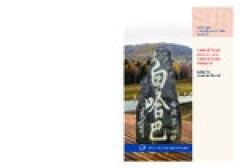
Central Asian sources and Central Asian research
In October 2014 about thirty scholars from Asia and Europe came together for a conference to discuss different kinds of sources for the research on Central Asia. From museum collections and ancient manuscripts to modern newspapers and pulp fiction and the wind horses flying against the blue sky of Mongolia there was a wide range of topics. Modern data processing and data management and the prob…
- Edition
- -
- ISBN/ISSN
- 9783863952723
- Collation
- 228 p.
- Series Title
- -
- Call Number
- 491.8 REC c
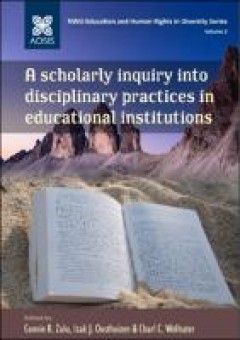
A scholarly inquiry into disciplinary practices in educational institutions
This book is a collection of chapters based on original research dealing with issues of discipline and disciplinary practices in educational institutions. The aim of the book is to provide a scholarly and scientific perspective on the current state of discipline and disciplinary practices in schools and tertiary education settings. The issue of discipline is investigated from diverse paradigmat…
- Edition
- -
- ISBN/ISSN
- 9781928523154
- Collation
- XXXIII, 326 p.
- Series Title
- NWU Education and Human Rights in Diversity Series, 2
- Call Number
- 370 ASC a
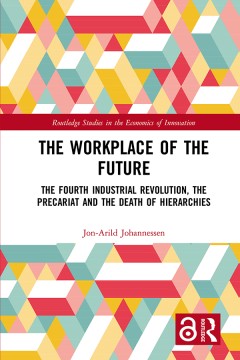
The workplace of the future : the fourth industrial revolution, the precariat…
The Fourth Industrial Revolution is a global development that shows no signs of slowing down. In his book, The Workplace of the Future: The Fourth Industrial Revolution, the Precariat and the Death of Hierarchies, Jon-Arild Johannessen sets a chilling vision of how robots and artificial intelligence will completely disrupt and transform working life. The author contests that once the dust ha…
- Edition
- -
- ISBN/ISSN
- 9780429441219
- Collation
- vii, 121p. : ill.
- Series Title
- -
- Call Number
- 331.20112 JOH w
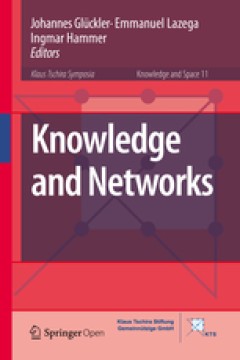
Knowledge and networks
This book discusses a core question in many fields of the social sciences, namely how to create, share and adopt new knowledge. It creates an original space for conversation between two lines of research that have developed largely in parallel for a long time: social network theory and the geography of knowledge. This book considers that relational thinking has become increasingly important for…
- Edition
- -
- ISBN/ISSN
- 9783319450230
- Collation
- XII, 386 p.
- Series Title
- Knowledge and Space
- Call Number
- 304.2 GLU k
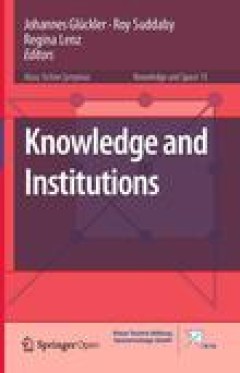
Knowledge and institutions
This open access book bridges the disciplinary boundaries within the social sciences to explore the role of social institutions in shaping geographical contexts, and in creating new knowledge. It includes theorizations as well as original empirical case studies on the emergence, maintenance and change of institutions as well as on their constraining and enabling effects on innovation, entrepren…
- Edition
- -
- ISBN/ISSN
- 9783319753287
- Collation
- X, 310 p
- Series Title
- Knowledge and Space
- Call Number
- 304.2 GLU k
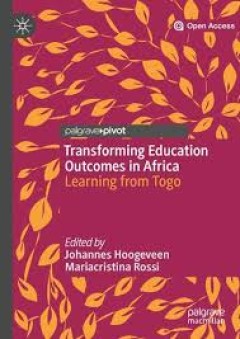
Transforming education outcomes in Africa: learning from togo
Every girl and every boy should have the right to a quality education so that they can have more chances in life, including employment opportunities, better health and also to participate in the political process. But education is not only a human right. Education reduces poverty, boosts economic growth, and increases income. It increases a person’s chancesof having a healthy life, reduces ma…
- Edition
- -
- ISBN/ISSN
- 9783030127084
- Collation
- -
- Series Title
- -
- Call Number
- 370.115 HOO t
 Computer Science, Information & General Works
Computer Science, Information & General Works  Philosophy & Psychology
Philosophy & Psychology  Religion
Religion  Social Sciences
Social Sciences  Language
Language  Pure Science
Pure Science  Applied Sciences
Applied Sciences  Art & Recreation
Art & Recreation  Literature
Literature  History & Geography
History & Geography